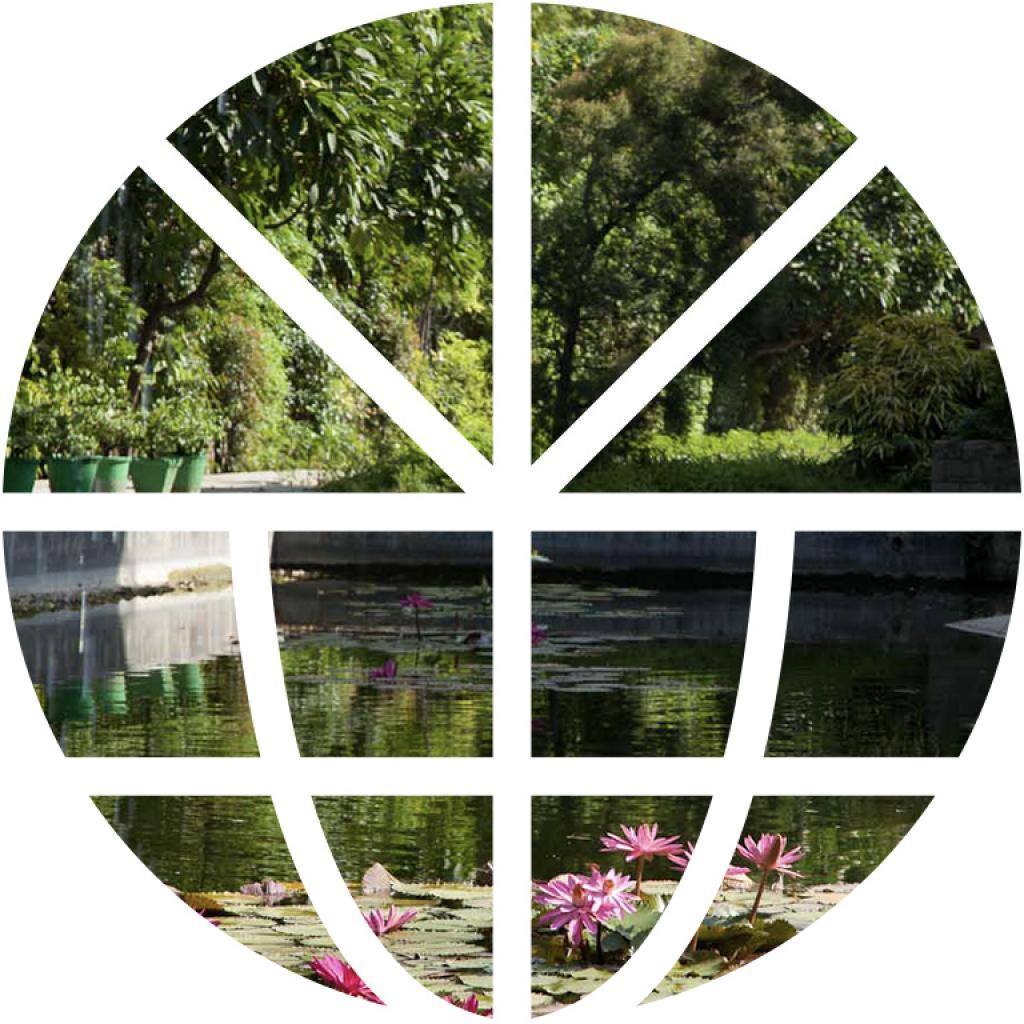THE IIC EXPERIENCE: A FESTIVAL OF THE ARTS: 27 TO 31 OCTOBER 2018
27 October 2018, 05:30 am
THE IIC EXPERIENCE: A FESTIVAL OF THE ARTS: 27 TO 31 OCTOBER 2018
Programme Type
Festivals
THE IIC EXPERIENCE: A FESTIVAL OF THE ARTS: 27 TO 31 OCTOBER 2018
PEOPLE OF THE NORTHEAST: MEMORY, INHERITANCE AND THE CONTEMPORARY
Focus on India’s Northeastern states – Arunachal Pradesh, Assam, Manipur, Meghalaya, Mizoram, Nagaland, Sikkim and Tripura
Members are requested to kindly please make a note of the dates for the festival. The festival presents exhibitions, performances, film screenings and cuisine. A separate festival programme card with details of the programmes will be posted separately and announced on the website


